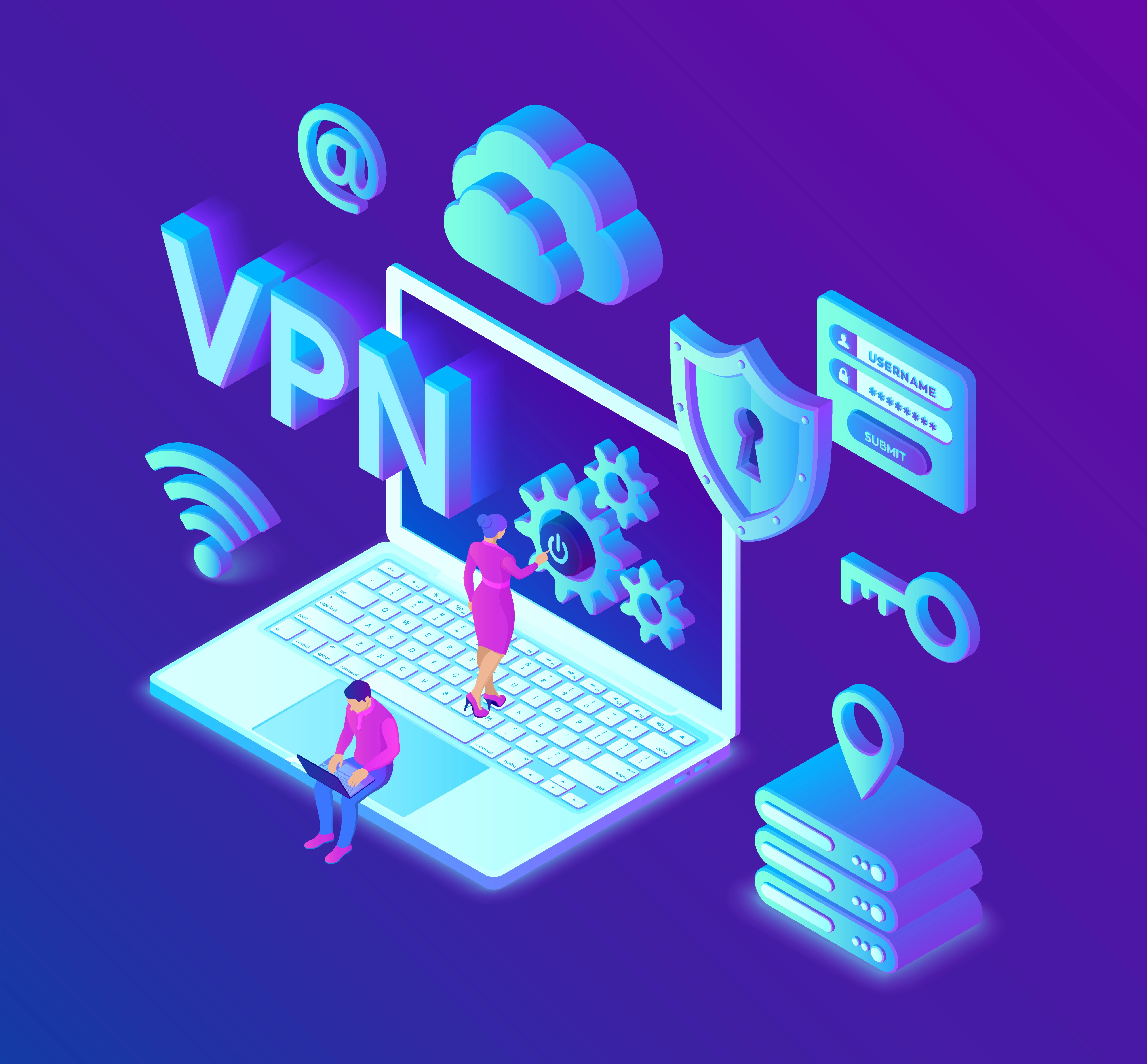Recent Posts
- How Tokenization Improves Payment System Security
- Banking Made Easy For You And The Planet
- Saving Strategies for Every Stage of Life
- Transform Your Finances by Paying Down Debt
- Financial Considerations for Major Life Events
Our Wareham Branch is now open!
Click here for more information

Did you know there were 14.4 million victims of identity theft in 2018? According to Javelin Strategy, each case cost the victim an average of $1,050 – and that’s only the cost in dollars. When an individual’s identity is stolen, the thief wreaks major havoc on the victim’s financial health, which can take months, or even years, to recover from.
Fortunately, there are steps you can take to prevent yourself from becoming the next victim. Here is your complete guide to identity theft protection.
1. Monitor your credit
One of the best preventative measures you can take against identity theft is monitoring your credit. You can check your credit score for free on sites like CreditKarma.com and order an annual report once a year from each of the three credit reporting agencies at AnnualCreditreport.com. Check your score for any sudden hits and look through your reports for suspicious activity. It’s also a good idea to review your monthly credit card bills for any charges you don’t remember making.
2. Use multi-factor authentication
When banking online, or using any other service that utilizes sensitive information, always choose multi-factor authentication. If possible, use your thumbprint as one means of identification. Otherwise, use multiple passwords, PINs or personal questions to make it difficult for a hacker to break into your accounts.
3. Use strong unique passwords
Never use identical passwords for multiple accounts. If you do so, you’re making yourself an easier target for identity thieves. Instead, create strong, unique passwords for every account you use. The strongest passwords use a variety of letters, symbols and numbers, and are never mock-ups or replicas of popular phrases or words.
If you find it difficult to remember multiple passwords, consider using a free password service, like LastPass. You’ll only need to remember one master password and the service will safely store the rest.
4. Only use Wi-Fi with a VPN
Did you know you are putting your personal information at risk every time you use the free Wi-Fi at your neighborhood coffee shop (or any other public establishment)? When using public Wi-Fi, always choose a Virtual Private Network (VPN) instead of your default Wi-Fi settings to keep the sensitive information on your device secure.
5. Block robocalls
Lots of identity theft occurs via robocalls in which the scammer impersonates a government official or the representative of a well-known company. Lower the number of robocalls reaching your home by adding your home number to the Federal Trade Commission’s No Call List at donotcall.gov. It’s also a good practice to ignore all calls from unfamiliar numbers, because each engagement encourages the scammers to try again.
6. Upgrade your devices
Whenever possible, upgrade the operating system of your computer, tablet and phone to the latest versions. Upgraded systems will keep you safe from the most recent security breaches and offer you the best protection against viruses and hacks.
7. Shred old documents
While most modern-day identity theft is implemented over the internet or through phone calls, lots of criminals still use old-fashioned means to get the information they need. Dumpster-divers will paw through trashed papers until they hit upon a missive that contains personal information. It’s best to shred all documents containing sensitive information as soon as you don’t need them.
8. Keep personal information personal
Be super-cautious about sharing sensitive data, like your Social Security number and banking PINs, with strangers – and even with friends. It’s also a good idea to use the strongest, most private security settings on your social media accounts to keep hackers out.
9. Invest in identity theft protection
If you’re still nervous about being the next victim of identity theft, you may want to sign up for an identity-theft protection service. They don’t come cheap, but services like LifeLock and IdentityForce will monitor your personal information online and immediately alert you about any suspicious activity.
Identity theft can be an expensive nightmare. Be proactive about protecting your identity and keep your information and your money safe.